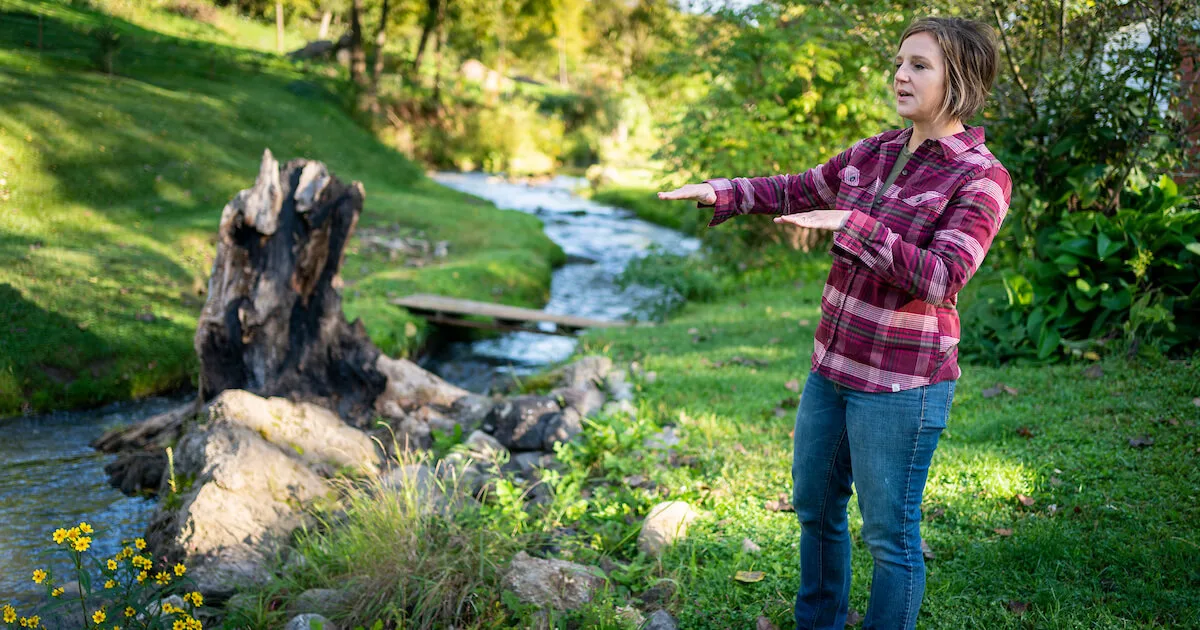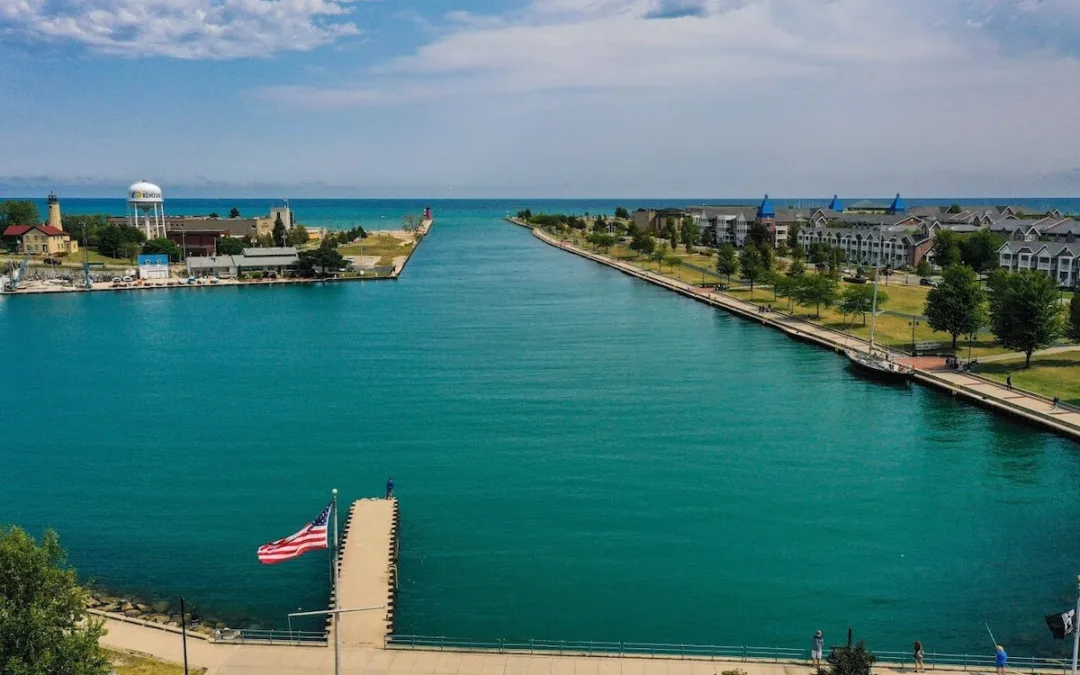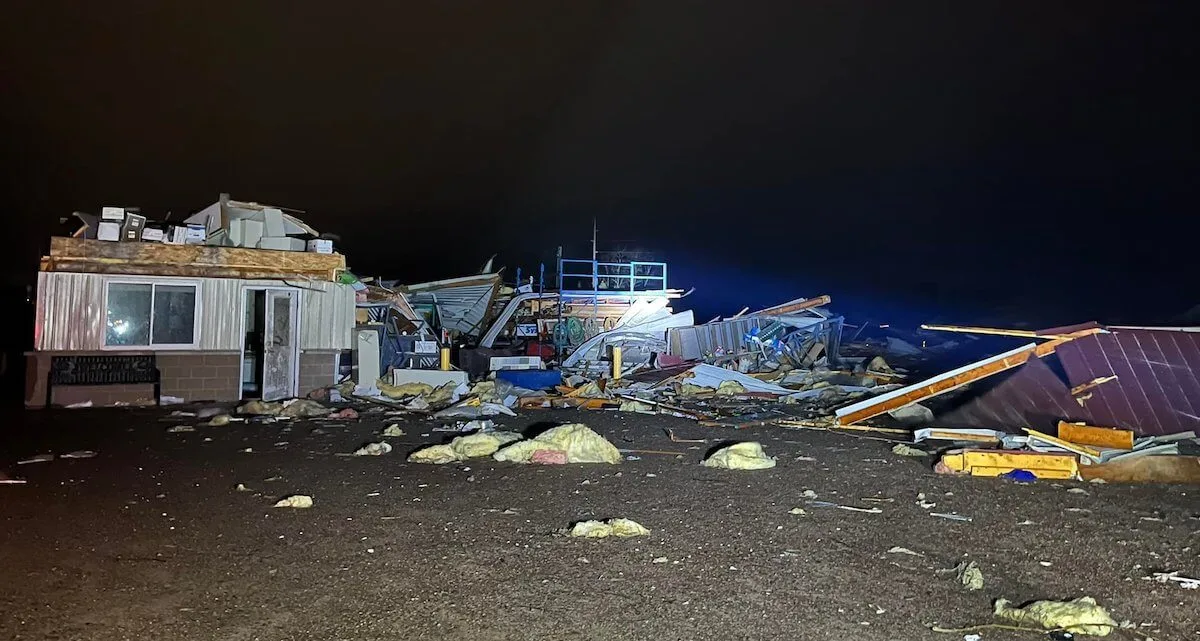
#image_title
#image_title
The 120-page report was released Wednesday by Lt. Gov. Mandela Barnes.
After a year’s worth of work and meeting with citizens across Wisconsin, Lt. Gov. Mandela Barnes on Wednesday released a 120-page climate change report.
The document, the culmination of work completed by the Gov. Tony Evers’ Task Force on Climate Change, includes 55 climate solutions across nine sectors of the state. According to a statement, the report lays the foundation for the state to better adapt to and mitigate the effects of climate change, while also seeking environmental justice and economic opportunities in renewable energy and conservation.
The solutions in the report range from the creation of a state office to address environmental injustices, green job training programs for displaced and marginalized workers, funding to help farmers adopt more sustainable practices, reimplementing transportation policies that promote clean, alternative methods of transportation, and statutory changes to help the energy sector transition to cleaner energy production.
RELATED: See the videos in our series “No Time to Lose: A Wisconsin Family Meeting on Climate”
Aspects of the plan that need legislative approval will likely be proposed to the GOP-controlled Legislature during its next session in January.
“Climate change is an imminent threat to our state, our economy, and our kids’ future,” Evers said in a statement. “We can’t ignore the reality facing our state, our country, and our world. We have a lot of work to do to start meaningfully addressing climate change in Wisconsin.”
Over the last year, the task force worked to identify strategies to combat climate change by studying recent science and data, learning from Native Nations, farmers, nonprofit organizations, businesses, and local governments that are already taking action to address the crisis.
The task force also met with communities that have been excluded from policymaking in the past.
“The climate crisis is taking a toll on everyone in our state, but communities of color and low-income communities are more likely to face the harshest impacts of climate change, despite contributing the least to the problem,” Barnes said in a statement.
Politics

It’s official: Your boss has to give you time off to recover from childbirth or get an abortion
Originally published by The 19th In what could be a groundbreaking shift in American workplaces, most employees across the country will now have...

Trump says he’s pro-worker. His record says otherwise.
During his time on the campaign trail, Donald Trump has sought to refashion his record and image as being a pro-worker candidate—one that wants to...
Local News

Stop and smell these native Wisconsin flowers this Earth Day
Spring has sprung — and here in Wisconsin, the signs are everywhere! From warmer weather and longer days to birds returning to your backyard trees....

Your guide to the 2024 Blue Ox Music Festival in Eau Claire
Eau Claire and art go hand in hand. The city is home to a multitude of sculptures, murals, and music events — including several annual showcases,...



